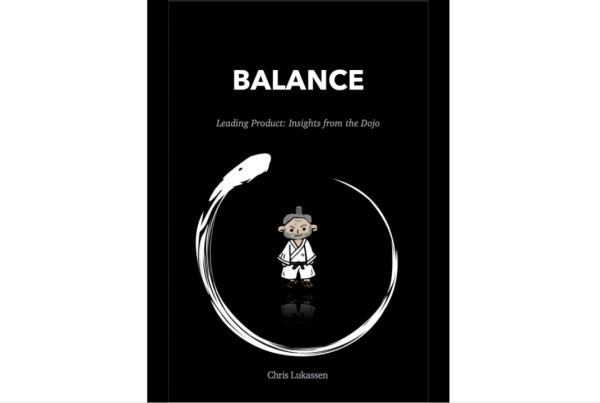You might find this strange for somebody in my line of work but if you were to look at a list of the books I read over the past year, you would not find a single business book.
What you would find, instead, is a book from theoretical physicist Sean Carroll and another one from string theorist Brian Greene; historical novels by Robert Harris and Bernard Cornwell, and science fiction novels by Paolo Bacigalupi, Neal Stephenson and Ursula Le Guin; a history of the Roman Empire by Mary Beard, an essay by Stephen Greenblatt on the rediscovery of Classic Thought in the early Renaissance; an essay on the evolution of life by Richard Dawkins, another one by Francis Fukuyama on the evolution of political order over the past 5000 years, a history of debt over the same time period by anthropologist David Graeber and a horrific account of life under the North Korean regime by Adam Johnson – a horror story if I have ever read one.
To be clear, I am not in any way against business books and have read a few of them over the years. But reading is like physical exercise: It’s much easier to keep it up if you can find something that you really enjoy. As I read during my personal time and as I do it for my personal pleasure, I stick to topics that I like, which is different from saying that I stick to ideas that I agree with. I just happen to be blessed with liking many different things (and cursed with a “To Read” list that keeps getting longer but doesn’t include, at this time, any business books).
Are any of those eclectic readings with no ties to the world of business of any use to me in my work? I have no doubt that they are.
One of the gravest dangers facing organizations of all kinds is groupthink. I like to think of groupthink as a disease of the organization that prevents it from adapting to new realities. It sets in when accepted ideas are so well-ingrained and diversity of thought so stifled that it becomes almost impossible for original or divergent ideas to gain a foothold in the organization. That is obviously dangerous, especially in a rapidly changing environment. I would use the following analogy: Clones in a field will get wiped out to the last one if they get infected by a strain of disease against which no individuals have any resistance, as Panama disease nearly wiped out all of the banana plantations in Central and South America in the 1950s. Diversity of thought is to the corporation what biodiversity is to the natural world: A way of protecting your organization against getting wiped out by a new strain of market conditions.
Getting back to the topic of creative thinking, I find that the result of having an eclectic reading list is that my brain literally can’t help making interesting connections between seemingly unrelated ideas. I am partial to reading because it allows you to pause and reflect in the moment on an interesting idea or connection, but you can get similar results by having conversations with varied and interesting people, or from watching a good documentary, play or movie. I would just add this caveat: In the same way that you can ingest either high-quality (e.g. fresh fruit and vegetables) or low-quality calories (e.g. sugary drinks) and by the same token that you should try to maintain a high-quality, balanced diet, the quality, quantity, variety and intricacy of the facts and ideas you ingest will have an impact on the health of your creative thinking.
The result of all this, for me, takes the form of strange and new ideas, often useless, but sometimes not. The catalyst is usually a warm shower after a good night’s sleep, but I’ve had spontaneous and interesting ideas while driving my car, or just staring at the ceiling while reclining in my chair. The key, I find, is some quiet time to allow the new ideas to emerge. Physical exercise also helps, as a means of clearing my mind from the noise of day to day concerns over which the new ideas can’t be heard.
So here is my easy, five-step recipe to increase your creativity and protect yourself against the ravages of groupthink:
- In a normal-sized brain, incorporate vast quantities of varied and unrelated facts, ideas and stories (for the best result, include some ideas that go against your natural bent).
- Allow the mixture to ferment. Do not hesitate to keep adding to the mix during fermentation.
- Set some quiet time aside to let your mind wander freely. A hot shower is quite effective and physical exercise can help.
- Collect the insights that appear in Step 3 and archive them for future use at work and beyond, when looking at things critically, differently and with an open mind may be required.
- Repeat steps 1 through 4 frequently.
There you have it. Let me know if you have your own version of this recipe as I’m always curious about new and interesting ways of cooking things up in the Creativity Department.



